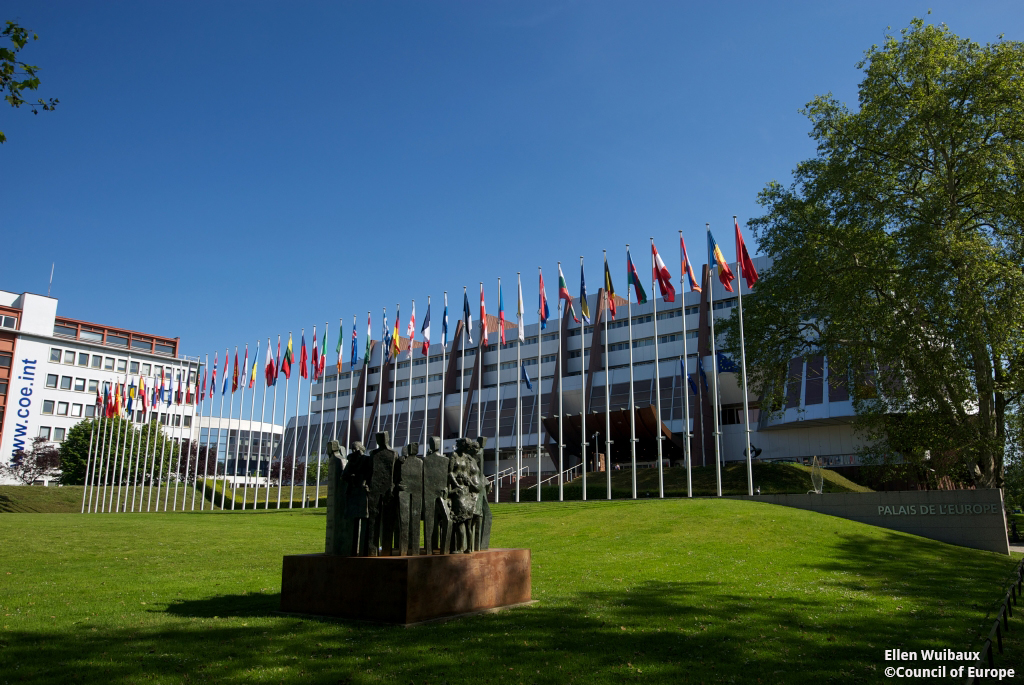The Council of Europe Commissioner for Human Rights, Nils Muiznieks, is publishing a report denouncing the “imminent threats to health and the sexual and reproductive rights of women”. Gènéthique takes stock of the situation with Grégor Puppinck[1], Doctor of Law and Director of the European Centre for Law and Justice (ECLJ-Strasbourg).
Gènéthique: The Council of Europe was expected to publish a report on issues surrounding abortion. It was presented today but what does it contain?
Grégor Puppinck: This report, which is endorsed by the European Council Commissioner for Human Rights, Nils Muiznieks, has been largely drafted, as stated in the introduction, on the basis of the main American pro-abortion lobby, vis-a-vis international bodies, namely the Center for Reproductive Rights. This is akin to Family Planning. Therefore, it is not an expert report but a lobby report. Furthermore, in its present format, it comes as no surprise to learn that it reiterates the pro-abortion lobby agenda, word for word, namely:
1/ No mention of the child,
2/ Right to abortion up to birth,
3/ Restricted freedom of conscience of health professionals.
In fact, Commissioner Muiznieks is known for his militant approach. As far back as 2014, he refused to condemn neonatal infanticide despite the fact that he was petitioned by over 200,000 citizens, claiming at the time that this issue was not part of his mandate…
G: What relevance should be given to this report?
GP: There are no grounds to attach much significance to this document because the commissioner’s role in this is purely political. He has no power, very little authority and even less notoriety. This is also why he allows himself to take on positions with little responsibility. Indeed, it is regrettable for the Council of Europe because it is not taken seriously.
Moreover, the European Court of Human Rights does not provide for any “right” to abortion. At most, the European Court tolerates abortion but to say, like the Commissioner, that there is a right to abortion on request, in accordance with human rights, is simply untrue. On the other hand, a right to life does exist and the European Court has admitted that the States can guarantee this right from the time the embryo is conceived.
G: This report suggests a certain number of recommendations for Member States. Don’t these recommendations suggest that the “gains” in abortion are being shaken up and that trends vis-a-vis this issue are being reversed?
GP: This report suggests a tougher stance by abortion advocates who currently recommend violating the freedoms of conscience, opinion and expression without hesitation, all of which are crucial when it comes to abortion. They are also prepared to recommend abortion right up to birth.
It seems to me that this tougher stance underlies a fear of the growing awareness in society of the problems posed by abortion. The report also highlights concerns about this phenomenon. Pro-life movements are more than capable of inciting popular protest, which is never apparent with pro-abortion campaigners. It seems that those who advocate abortion want to carve a right to abortion in the false marble of human rights, as long as they still have the power to do so. They want to act quickly because things could soon change. The United States elected a pro-life president and administration and, in Europe, several countries are heading in the same direction. The latter believe that greater respect for life equates to progress in human rights. Never has Europe been so pro-life [as it is now]“.
[1] Grégor Puppinck directed the drafting of “Law and prevention of abortion in Europe“, LEH Editions, 2016.

